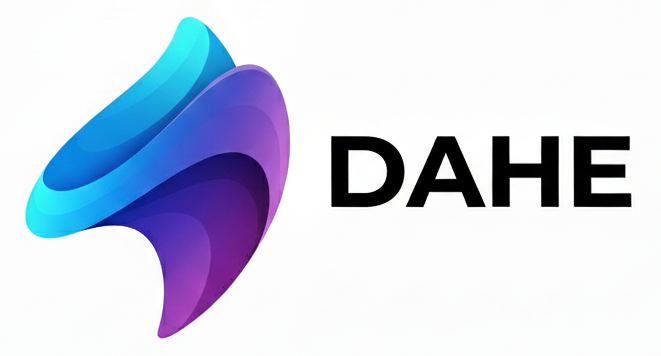[ad_1]
One of the most transformative innovations in recent times has been the blockchain. A decentralized, transparent and secure ledger technology that is disrupting several industries, including finance, healthcare and logistics. The blockchain technology provides a secure and immutable record of transactions that cannot be tampered with, making it a game-changer in the world of digital transactions.
Blockchain is a distributed ledger technology that allows multiple parties to share the same database, which is why it is called “decentralized”. It is secured by cryptography, which means that data once entered into the blockchain cannot be altered. Transactions are confirmed by a network of computers, rather than a centralized governing body, which increases the security and confidence in transactions.
The blockchain’s immutability, coupled with the secure and transparent nature of the technology, has made it an ideal candidate for transforming traditional transaction systems. For instance, Blockchain allows transactions to occur without the need for third-party intermediaries, such as banks, which has the potential to cut transaction costs and improve transaction efficiency.
One area where blockchain is making a significant impact is in cross-border payments. The traditional method of moving money internationally is through banks, which can be slow and expensive. Blockchain eliminates the need for intermediaries, such as banks or an international wire transfer, reducing the time and cost for transfers. The blockchain also provides instant settlement, meaning that funds are transferred instantly, unlike the traditional system, which could take days to clear.
The healthcare industry is another area that could benefit from blockchain technology. The secure and transparent nature of blockchain makes it ideal for tracking pharmaceuticals, patient data and healthcare records. Blockchain could also help in reducing fraud and counterfeiting in the pharmaceutical industry, as the immutability of the technology ensures that once data is entered, it cannot be altered.
Another area where blockchain technology is transforming transactions is in supply chain management. With the blockchain, it is possible to track goods from their origin to their destination, providing transparency in supply chain management and reducing fraud.
In conclusion, the blockchain is a powerful innovation that is revolutionizing the way transactions are conducted. Its decentralized nature, immutability, and transparency provide significant advantages over traditional transaction systems, and have the potential to transform several industries. While the technology is still in its early stages, its adoption is growing rapidly, and it is poised to change the way we conduct business forever.
[ad_2]





Leave a Reply